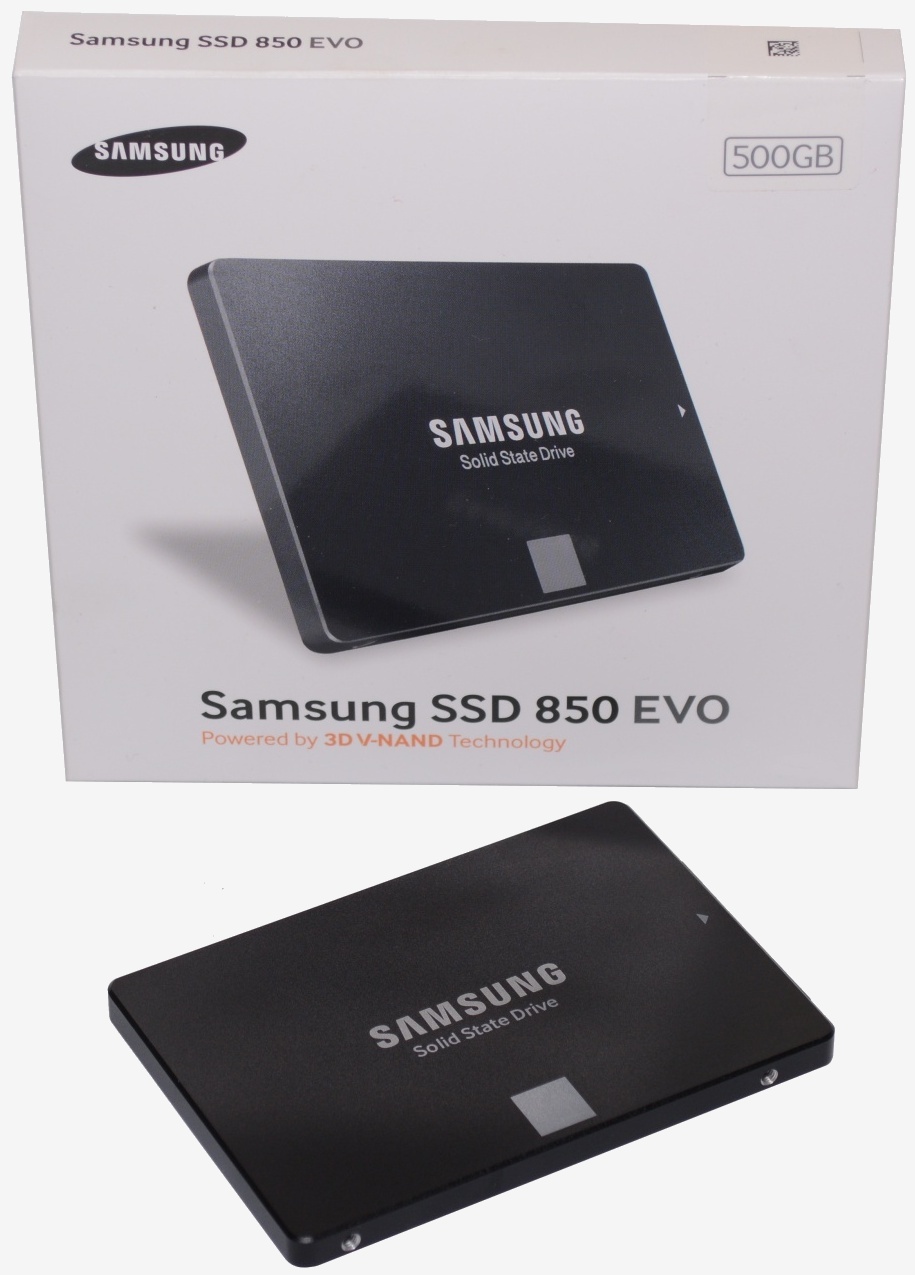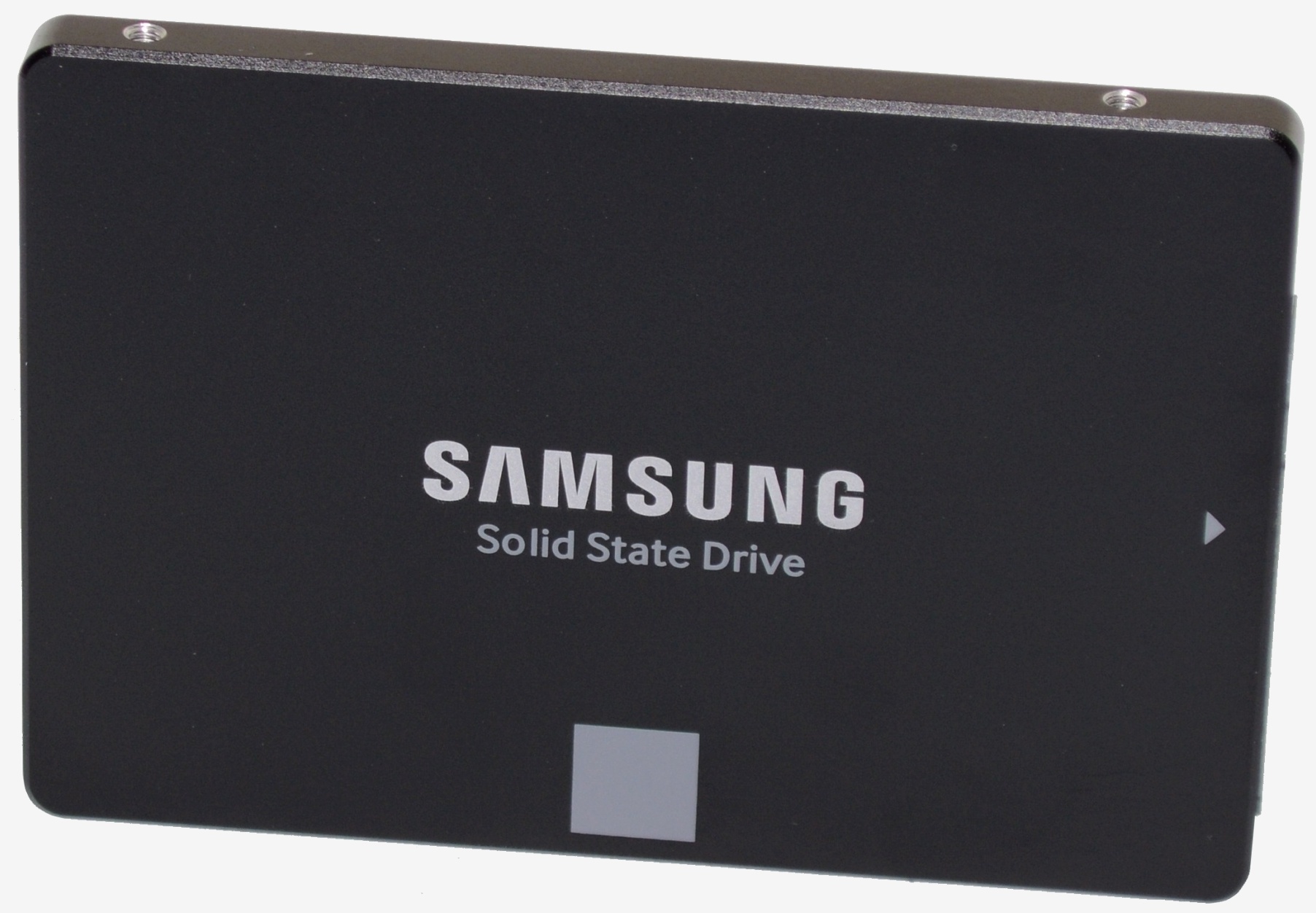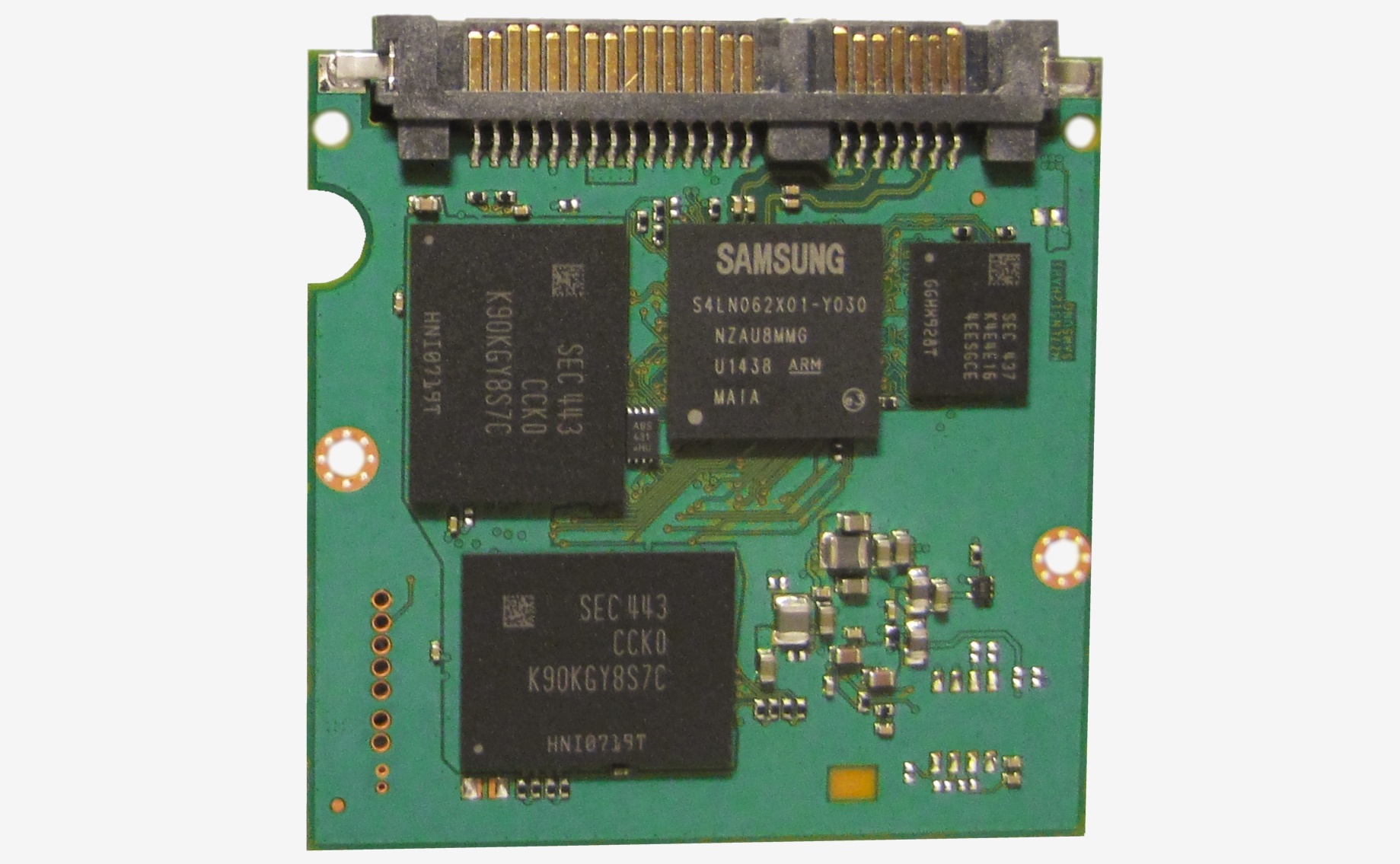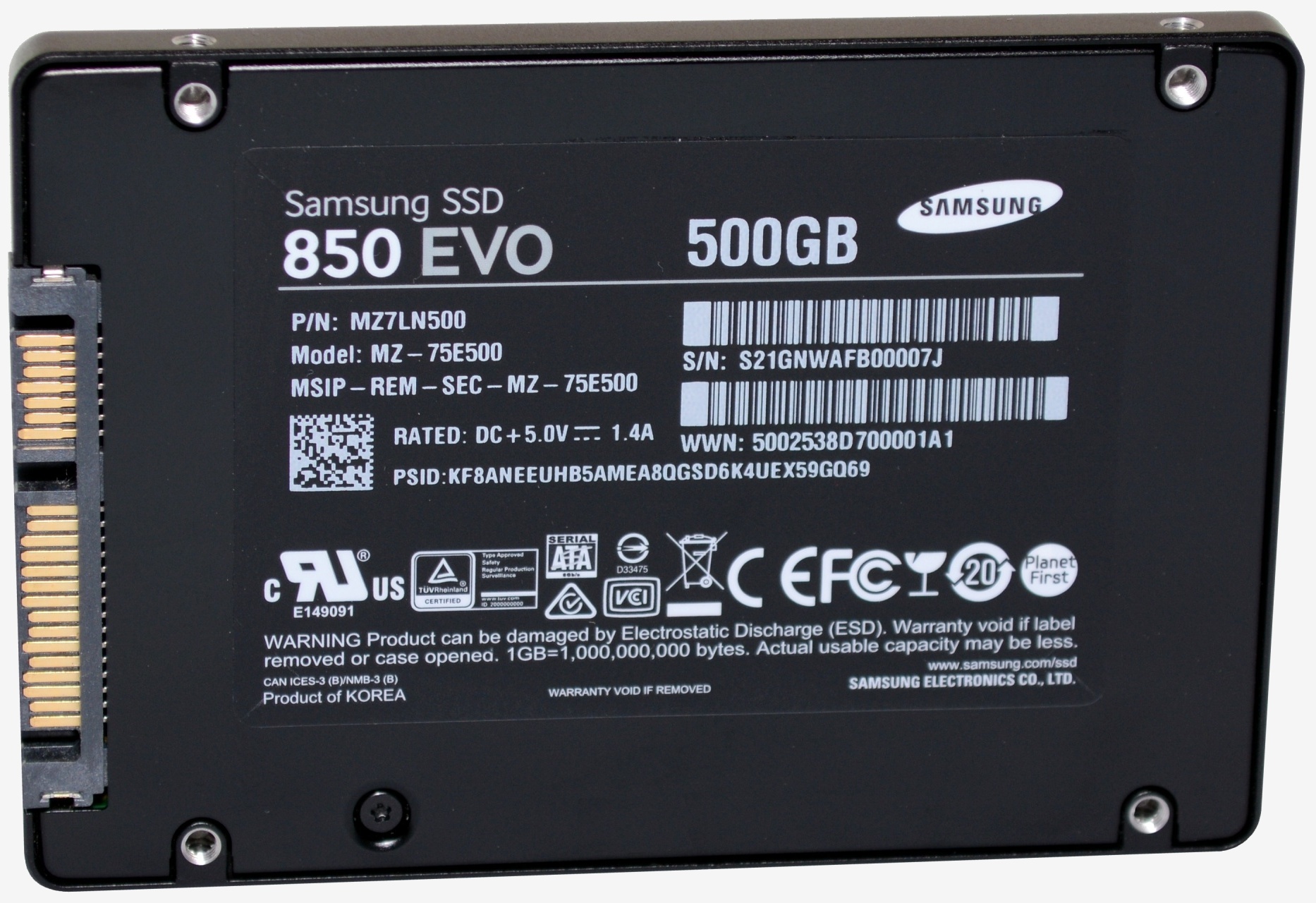About a year ago we got our first look at Samsung's TLC flash-based SSD 840 Evo series, which set a new benchmark for affordable SSDs. The massive 1TB model fetched just $0.65 per gigabyte for a total cost of $650 – what we used to pay for a good 200GB a few years ago – while the 250GB version could be had for $185.
In spite of its affordable nature, the 840 Evo was a great performer and wasn't far off pace when compared to the upper echelon of SSDs, including Samsung's own highly regarded 840 Pro. Helping to improve performance were two caching mechanisms, including one called 'RAPID' designed to can tap into RAM.
The only question mark surrounding the 840 Evo was reliability as it used rather unproven TLC flash which was specified to provide less writes than more traditional MLC memory. A year later we still have our original 1TB sample and it is going strong. Notwithstanding, it's time for an update...
Given its affordable pricing, performance, and reliability, it isn't surprising Samsung is claiming the 840 Evo is the best-selling SSD on the market.
Helping to build anticipation for the 850 Evo was the SSD 850 Pro that we reviewed last June, remaining to this day the fastest 2.5" SSD money can buy. The good news is the 850 Evo shares many of the same technologies found in the 850 Pro, however by using TLC V-NAND the 850 Evo is much more cost effective.
Samsung SSD 850 Evo
Three of the models in the new series come armed with Samsung's MGX controller: 120GB ($95), 250GB ($135) and 500GB ($256). Meanwhile the larger 1TB version features the MEX controller and costs $470. The drives have a slim 2.5" design, measuring 100.08 x 69.85 x 7.11mm and weighing up to 54.4g.
All four models tout the same read and write speeds of 540MB/s and 520MB/s. For the 120GB model that means a 27% faster write speed when compared to its predecessor. All of them have Samsung's 128Gbit 40nm TLC V-NAND flash memory. You'll find just one of those chips in the 120GB drive, two in the 250GB version, four in the 500GB unit, and double that again in the 1TB variant.
TurboWrite – one of the caching features we mentioned – helps the Evo's TLC memory deliver MLC-like performance by using a small portion of each TLC NAND die as an SLC write buffer. The 120GB and 250GB Evo drives have a 3GB TurboWrite buffer and that increases by 3GB for each subsequent model with the 1TB drive having a 12GB buffer.
The idea is to write data to the SLC buffer before quickly moving it to the TLC memory. If you write a file that is larger than the buffer or the buffer becomes full and doesn't clear in time, the data is written directly to the slower TLC memory. For light use, the 120GB and 250GB models should be fine, but you might experience a slowdown if you consistently write more than 3GB of data.
For example, the 250GB Evo's sequential write performance is around 500MB/s when using TurboWrite, but that will drop to below 300MB/s if the buffer fills up. This is mostly a non-issue for the 1TB drive because its 12GB buffer should be able to handle most conditions.
The MGX controller used by the 120GB, 250GB and 500GB models apparently features a dual-core processor. The MEX controller used by the 1TB model on the other hand features a triple-core Cortex R4 processor, just like the SSD 840 Pro's MDX except the frequency of its three cores has been increased from 300MHz to 400MHz. Apparently the smaller drives use the less complex MGX to save money and the extra core is only required once capacities reach 1TB.
The Evo series can also access up to 4GB of system memory with its RAPID DRAM caching feature, which is unique to these drives and boosts read performance by storing frequently accessed data in the system's main memory.
Whereas the SSD 840 Pro series comes in 128GB, 256GB and 512GB models, the Evo range is cut down to 120GB, 250GB, and so on to deal TLC's limitations. Additionally, each drive is equipped with a healthy cache: 256MB for the 120GB drive, 512MB for the 250GB and 500GB versions and 1GB for the 1TB model.
Interestingly, Samsung is not making claims as to how many terabytes of data can be written before the drives will expire and instead has simply backed them with a five-year warranty.





